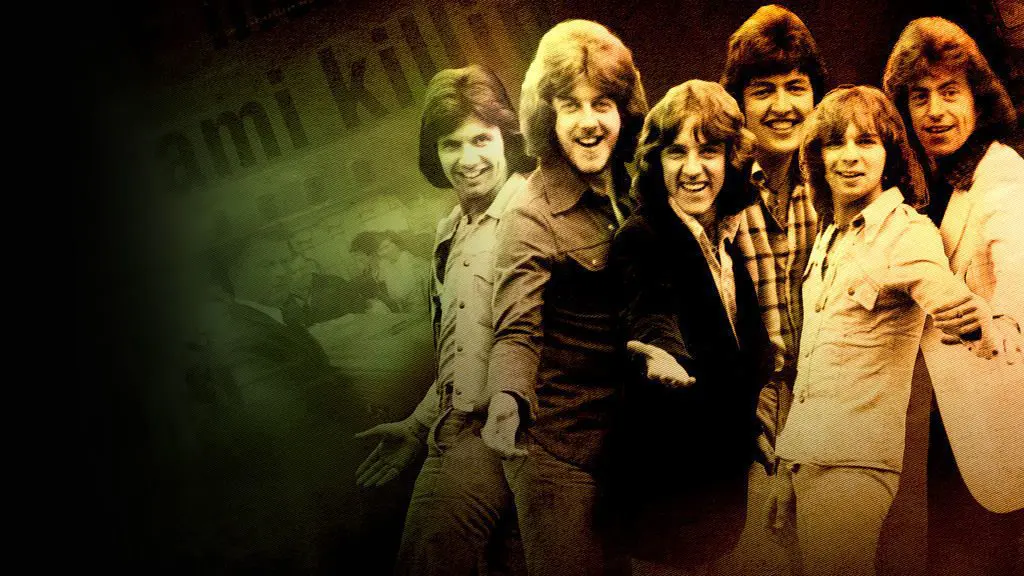Summary
Compelling and thought-provoking, Remastered: The Miami Showband Massacre reminds us of a dark and troubling period of our recent history. There is lots of fascinating material squeezed in here that might have been better served with a longer runtime and a bit more room to breathe.
In July 1975, 5 people, including 3 members of the Miami Showband, were ambushed and murdered at what appeared to be a military checkpoint by the Ulster Volunteer Force, a loyalist paramilitary organization. Remastered: The Miami Showband Massacre digs into the incident itself, explores the background to the attack and asks some uncomfortable questions about who, ultimately, may have been responsible for it.
This 70-minute documentary is the latest in the ‘Remastered…:” series on Netflix, which tells stories about music and musicians who have had an impact on political and social issues. We are introduced first to The Miami Showband (who I confess I was not familiar with prior to this), described as the ‘Irish Beatles’, a group of young musicians made up of both Catholic and Protestant members and who considered themselves non-political and were popular in both the Republic and Northern Ireland.
We are then given some (very) top-line information about the conflict in Northern Ireland before the documentary tackles the massacre itself. This alone is enough material to make a compelling documentary but Remastered: The Miami Showband Massacre then continues to reveal more and more information about what may have actually been going on behind the scenes leading up to the attack and beyond.

As a standalone piece of documentary filmmaking this tells a compelling story and through the testimony of two of the survivors, it is both personal and highly impactful. You really come to understand that not only were several young lives lost that day but that living with the uncertainty of what may have really happened has come to dominate the lives of those that survived for over 40 years.
The creators of this, writers Jeff and Michael Zimbalist (Tricky Dick and the Man in Black, The Two Killings of Sam Cooke), as usual do a good job at introducing enough background information for the viewer to understand the context of the events (explaining the role of the IRA and UVF in the troubles for example) but then using one specific story to paint a broader picture of the nature of British and Irish politics during the troubles.
It is this scope and scale that is at once both this documentary’s best feature and is its biggest weakness. There is so much here to explore. The revelations and allegations reveal themselves one by one at such a breathless pace that as a viewer, one will need to concentrate to follow them all. This propels the narrative but perhaps some breathing space to allow the impact of the revelations to sink in might have made this a more effective piece of documentary filmmaking. I would have liked this to have been a feature-length or even multi-part documentary like Amazon’s recent Lorena, which had space to really draw on the cultural impact of its subject matter.
There are some very explosive and quite troubling allegations made in this documentary and this is not the place to debate their veracity. However, one thing is made clear by this film: for those who survived that night in July 1975 to truly move on from it their questions need to be answered completely and comprehensively, which one feels really shouldn’t be too much to ask.




